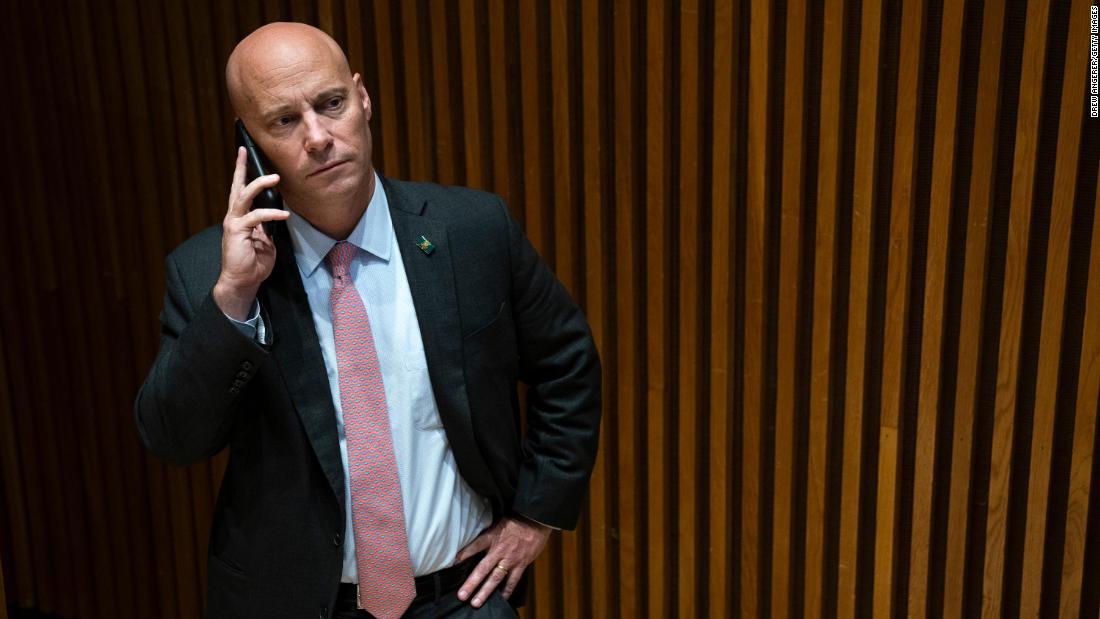Pence aides drew line on what they were willing to discuss with Jan. 6 committee
The committee was aware there would be privilege concerns. The privilege claims rarely came into play during the uncontentious interviews, and the Pence aides only declined to answer a few questions, according to sources. The witnesses did answer questions about conversations they had with the vice president, the sources said.
The parameters set in the interviews are the latest indication that Trump still seeks to keep secret his actions in the White House up to and on January 6, 2021 — and reveal some details about exactly how his legal team is trying to do that.
Specifically, Trump’s team is invoking the presidential communications privilege that protects from disclosure communications with the president directly so that there can be candor in executive branch decision-making.
As CNN has reported, Pence would prefer his aides act as the former vice president’s “proxy” so he does not have to appear. And deferring to Trump on executive privilege claims sends a message to the former President and his base that Pence and his aides are not crossing him.
Representatives for Short, Jacob and the Trump campaign didn’t respond to requests for comment this week.
The House investigation has already swept in vast amounts of information from witnesses — and the pair of crucial interviews with Pence aides comes as they seek insight into the pressure campaign on the former vice president to block the certification of Joe Biden’s electoral win on January 6. Pence refused to go along with Trump and some of his advisers’ wishes.
The committee has interviewed 475 witnesses, obtained 60,000 documents and followed up on 375 tips to their hotline.
Some committee members have cast Pence and his office as heroes who thwarted a President willing to flout the law for his own personal gain.
But it’s not clear yet whether Pence himself will cooperate with the House investigation.
Given Pence’s long-term political interest, including potentially running for president in the future, Trump’s former running mate still must appease a Republican base unhappy that Trump didn’t hold onto his office.
![]()


